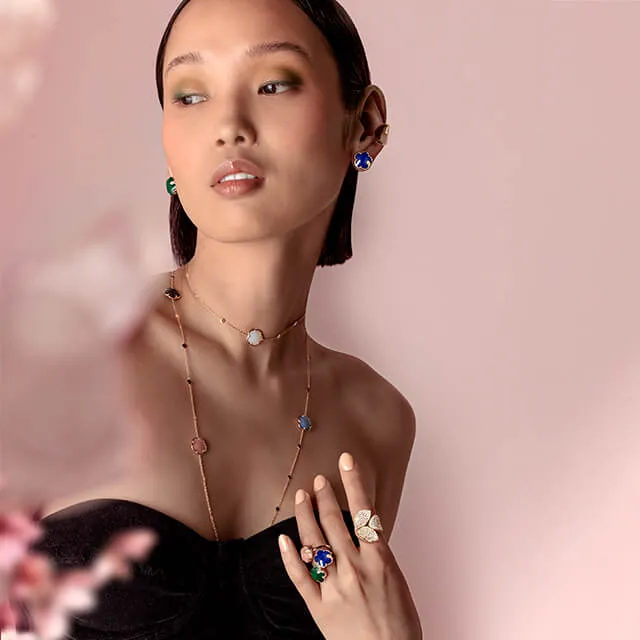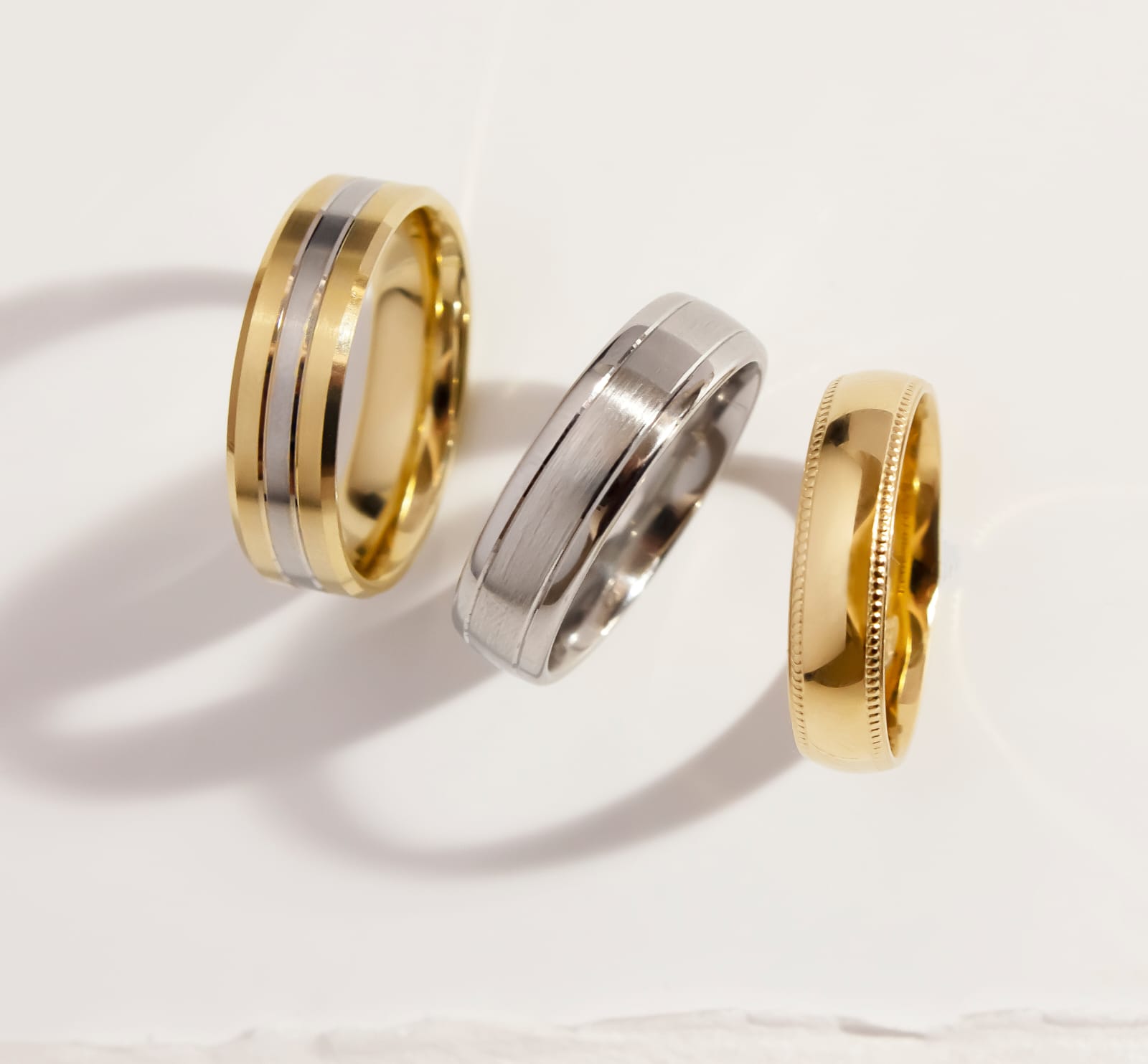Gold has always held a special place in human history – not just as a symbol of wealth but as an emotion deeply woven into our celebrations. And when it comes to weddings, gold takes centre stage across cultures and continents. From the intricate bridal jewellery of India to the symbolic gold coins in Greek ceremonies, this precious metal binds generations, traditions, and families in a golden thread of love and legacy.
Let’s take a journey around the world to see how gold plays a starring role in traditional weddings – with a special lens on how it resonates so deeply with Indian culture.
India: Gold is More Than Ornamentation – Its Heritage
In India, gold is not just a metal; it’s a tradition passed down from one generation to the next. Weddings are incomplete without the gleam of gold – whether it’s a bride adorned in layered necklaces and bangles or the ceremonial exchange of gold gifts between families.
Gold is considered mangal (auspicious) and is believed to bring blessings of prosperity, purity, and protection. From North to South India, customs vary, but the presence of gold remains a constant. In South Indian weddings, brides are often adorned in elaborate gold temple jewellery that reflects cultural motifs. In Bengali weddings, gold nose rings and chains are cherished heirlooms.
For Indian families, gifting gold during weddings is not only a display of affection but also a symbol of financial security and social standing. It represents blessings for the couple’s future, good fortune, and family unity.
Middle East: A Symbol of Status and Blessing
In Middle Eastern weddings, especially in countries like Saudi Arabia and the UAE, gold is gifted lavishly. Bridal trousseaus often include gold coins, jewellery, and accessories, which are paraded during the engagement or wedding ceremony. The more gold a bride wears, the more esteemed her position is considered. Similar to India, gold in these cultures is a blend of financial investment and cultural pride.
China: Gold for Prosperity and Good Luck
Chinese wedding traditions feature gold prominently as well. The iconic “Double Happiness” symbol is often engraved into 24K gold jewellery gifted to brides. Parents and relatives present gold bracelets, necklaces, and earrings as part of the dowry to wish the couple prosperity and fertility. The “dragon and phoenix” bangles, given by the groom’s family, symbolize harmony in the marriage.
West Africa: Gold as a Marker of Family Wealth
In countries like Ghana and Nigeria, gold is used in elaborate headpieces, necklaces, and accessories worn by both bride and groom. These items are not only decorative but also carry cultural and familial significance. Gold cloth (threaded with real gold) is also used in wedding attire, signifying royalty and abundance.
Italy & Greece: Gold Coins and Heritage
In European traditions, gold appears in more subtle but still meaningful ways. Italian weddings often include the gift of gold coins to the bride, representing financial stability. In Greece, gold crowns (Stefana) are used during the marriage ceremony, symbolizing unity and the eternal bond between husband and wife.
Why Gold Continues to Shine in Weddings
Across borders and belief systems, gold endures because of what it represents—love that lasts, roots that run deep, and the promise of a future built on tradition and trust. In India especially, gold isn’t just worn – it’s cherished, celebrated, and passed down as a legacy of love.
Thinking of Selling or Investing in Gold?
Whether you’re upgrading your jewellery, planning your big day, or simply want to exchange old gold for the best value, 24karat is here to help. We offer 100% transparency, instant payments, and the highest value for your gold. Walk into one of our outlets to turn your old memories into new beginnings with 24karat.


